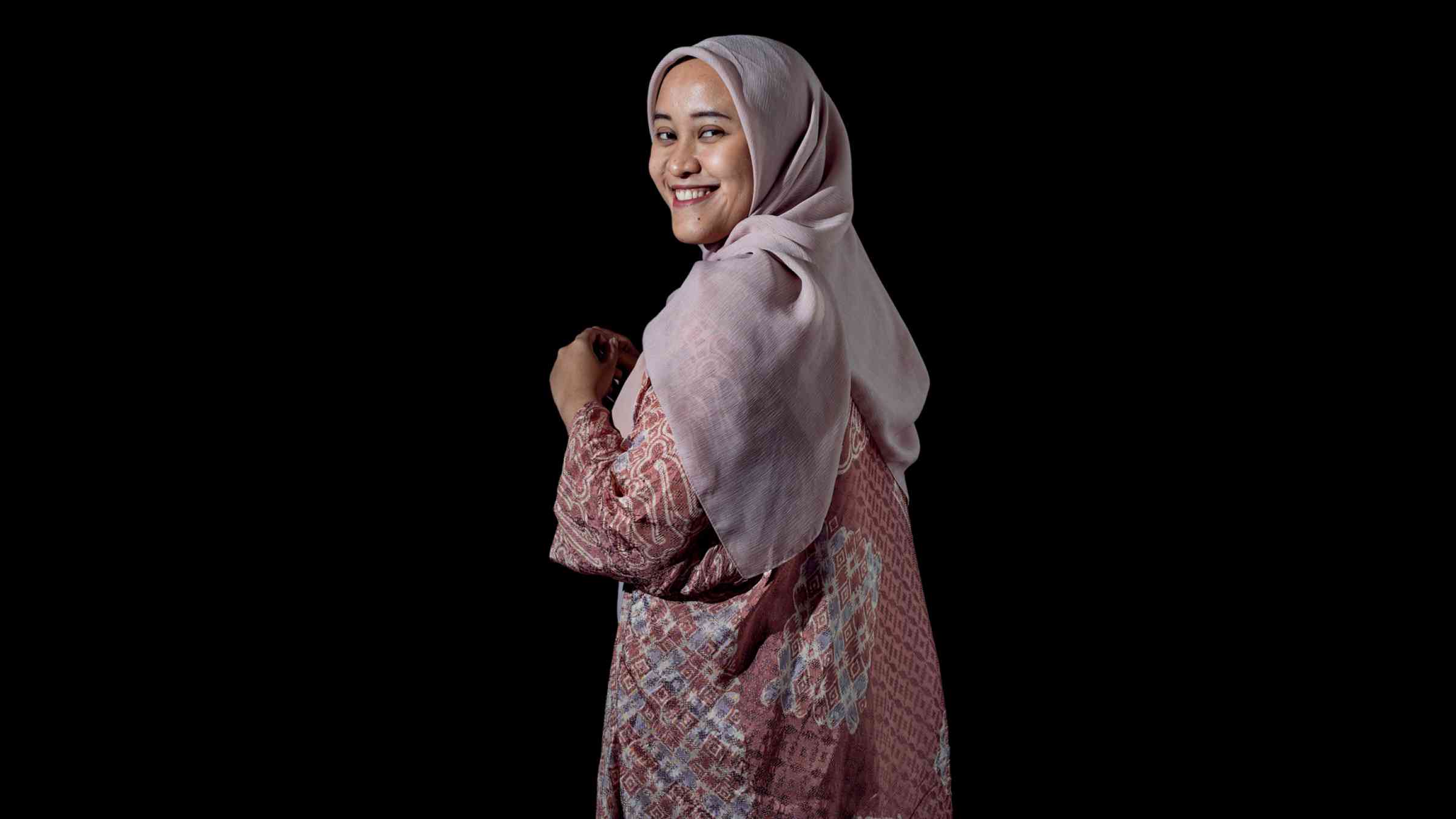Retno Rifa Atsari: “Disaster risk reduction is everybody’s business, and everyone can have their role to reduce disaster risks, including women”

In 2019, Retno initiated the idea to develop a disaster knowledge management platform that combines risk profiles and the distribution of knowledge products across Indonesia.
She started to gather her friends who had a similar vision of strengthening resilience through knowledge and CARI was born. It stands for Cerdas Antisipasi Risiko bencana di Indonesia (Search Engine for Action and Research on Resilience, or SEARCH, in English). Retno acts as the Vice-Principal and Co-founder of the social venture.
Today, CARI is the leading knowledge management platform of its kind. It was designed as an easy-to-understand system to analyze risks and knowledge capacities of each region in Indonesia for multiple stakeholders.
"My involvement in DRR started in 2012 as a volunteer. I supported a local group called 'Bandung Disaster Study Group', which consisted of university students from various backgrounds. We had urban planners, architects, civil engineers and so on. I myself had graduated in Oceanography from Bandung Institute of Technology. Initially, my contribution was to explain to them how tsunamis work."
She continues: "What interested me in DRR is actually the collaboration that it requires. When we talk about disaster risk reduction, we cannot only talk about it from a geoscientific, social, humanitarian or financial standpoint. All of them must be combined. That collaboration is what triggered my interest."
In the same breath, Retno points to the downside of it: "Of course, it means that DRR also has to be addressed through all these angles, which is a big challenge."
But her optimism immediately kicks in again: "Disaster risk reduction is everybody's business, and everyone can have their role to reduce disaster risks, including women. I am happy that my team and I can create a supporting environment for women to work in DRR."
"In my family, we are all equal in the roles and responsibilities we have. My relatives are very supportive. At university, being in the scientific and engineering field, I did not experience gender lines too much either. It is only when I came into the DRR world that I realized all the gaps that exist. I have often witnessed how female voices can be unheard or how the participation of women in activities can be undermined. Through CARI, we try to address this by creating a supportive environment for women."
Overall, the organization aims to take DRR beyond its traditional realm. "It is important to expand the concept of disaster risk reduction into other sectors. Nowadays, we find that is known to people who are actively involved in it but is largely unknown to everybody else."
"Earlier this year, we had the opportunity to support the Indonesian Ministry of Tourism for instance. We helped create a tool to assess how resilient the tourism sector is across the country. Through this project, we realized that there are still many sectors that need to be supported in terms of their awareness towards DRR. So in the future, we want to keep trying to mainstream it as broadly as possible."